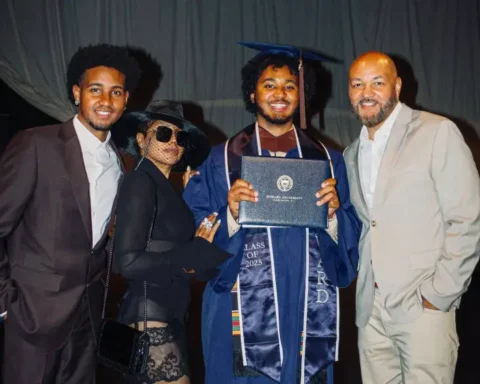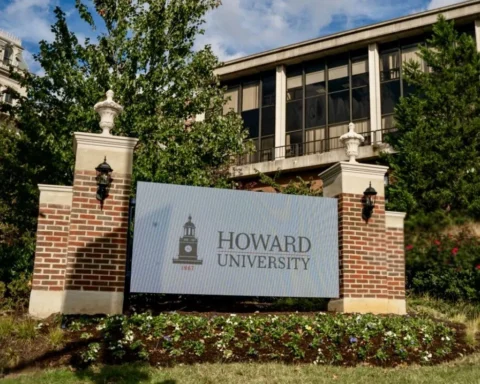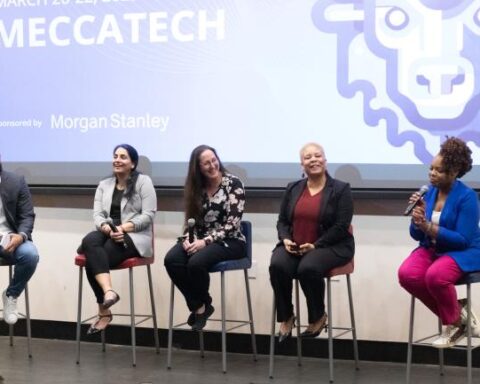Recently, Johns Hopkins Whiting School of Engineering took a major step towards strengthening their connection with HBCUs. On March 25, their Gradpath event brought together faculty, senior leaders and administrators to kickoff the Gradpath Collaborative. Attendees exchanged ideas and strategies aimed at facilitating recruitment of underrepresented students into graduate programs. The initiative will also serve as a platform to expand research opportunities for HBCU scholars in science and engineering.
James West, a professor of electrical and computer engineering at Hopkins, known worldwide as the inventor of the electret microphone said, “Being inspired and mentored by people [at Morgan] that looked like me is the reason I decided to pursue a doctoral degree. My goal is to work on challenging and impactful problems—specifically, problems that plague the Black community—and provide opportunities for people who are far too often overlooked.”
The virtual half-day event offered opportunities for Johns Hopkins University (JHU) affiliates to engage with a panel of faculty and senior leaders from Howard University, North Carolina A&T University, Spelman College and Morgan State University.
Jeremy Brown, an assistant professor of mechanical engineering at the Whiting School, moderated the panel which was aptly titled, Closing the Gaps, Opening Opportunities.
“As the product of an HBCU, I intimately understand how important these institutions are for creating opportunities for students of color to pursue their career goals and earn advanced degrees,” Brown said. “Unfortunately, the success of these institutions and the students they educate often goes unnoticed outside of Black and brown communities. Events like GradPath help reshape the narrative, focusing on HBCUs’ critical role in creating a pipeline of Black and brown scholars who go on to become intellectual leaders in their respective fields.”
According to Darlene Saporu, Assistant Dean for Diversity and Inclusion at JHU, “HBCUs are responsible for 27% of bachelor’s degrees awarded to Black graduates in STEM; they have led the way in educating Black scientists and engineers. We have much to learn from them as we seek to build a reputation that attracts and trains HBCU talent.”





